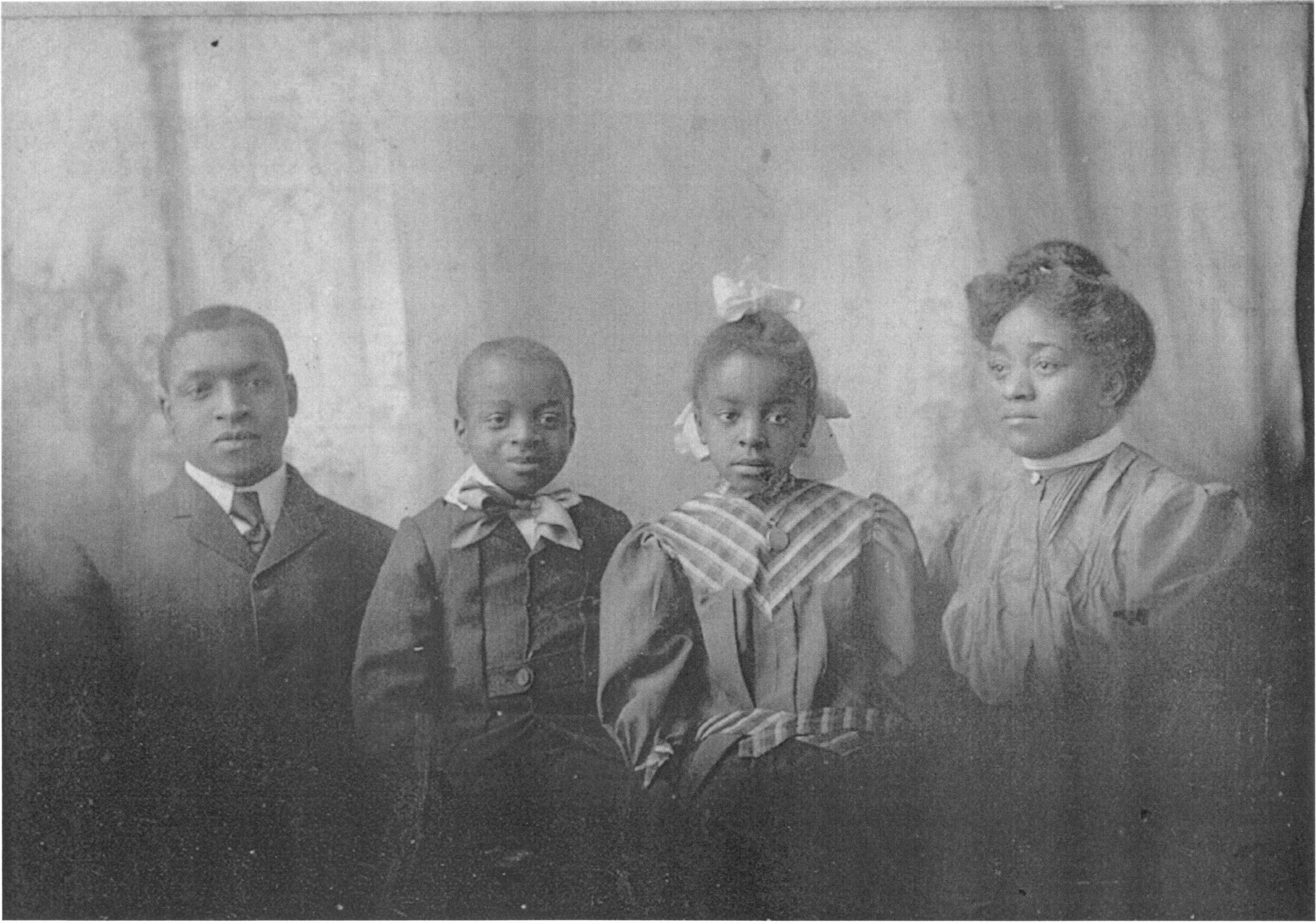Juneteenth is a holiday that has gained widespread recognition in recent years as “Emancipation Day”, celebrating the true end of slavery in the United States on June 19th, 1865 when word was finally delivered to slaves in the former Confederate State of Texas that the Union Army had emerged victorious in the Civil War, and that President Abe Lincoln’s Emancipation Proclamation issued two and half years earlier would be enforced nationwide. The official declaration at last granted freedom to the former slave populations of America’s farthest western territory. Looking back on St. Charles history, the effects of this national conflict and subsequent reconstruction can still be seen to this day, and there are some local connections to this historic event.
A Wide-Awakes Club recruitment banner from 1860, on display at the Old State Capital in Springfield. Michael Christiansen
At the height of the Civil War, the budding frontier community of St. Charles found itself playing an important role in the fight for the soul of the nation. In addition to serving as the site of one of the largest Union Army training grounds in the region, St. Charles was also a hub for activity for a pair of active abolitionist groups, the “Wide Awakes Club” and the Kane County Anti-Slavery Society during the 1860s. These organizations were made up of local residents who committed themselves to the Union cause and to granting freedoms to former slaves seeking refuge in the north.
While we cannot determine with certainty whether or not St. Charles was a true stop on the Underground Railroad due to the secretive nature of freed slave movements and lack of historical records, the local activities of these organizations and connections to local residents suggest that such activity is likely.
Joanna Garner pictured fishing on the Fox River after she had settled in Illinois. SCHM Archives
One such local connection is the the story of Joanna Garner. Garner was born as a slave in 1798 in Halifax County, Virginia. Not much is known about Garner’s time as a slave, but we know that she was married and had three children: Marie, Lanore, and Lamanda.
At some point before 1865, the Garner family had relocated to Missouri, likely through a trade or sale. Missouri was a disputed border territory, meaning that while it was officially a Union state, slavery was still unfortunately permitted and was a widely disputed subject.
Map showing the political makeup of America during the Civil War, with blue states signifying fully free states, and red states signifying states that allowed slavery. Light blue states were disputed Union States that allowed slavery.
However, with many geographic, social, political, and economic connections to both the Union and the Confederacy, the border states were prime areas for Underground Railroad activity. The Garner family became one of the many thousands of families that made the decision to head north in search of true freedom and a new life via the Underground Railroad.
According to family records, it is believed the family followed the route of the Mississippi, Illinois, and Fox Rivers to find their way north, with the eventual goal of settling in Canada to avoid the outcome of the Civil War. Along the route, individuals supportive of the abolitionist movement known as “conductors” provided the family with food and shelter on their journey north.
Joanna Garner’s granddaughter Ida pictured in her work outfit in the early 20th century. Ida worked as a traveling door-to-door salesperson in the St. Charles area. SCHM Archives.
In mid-1865, the Garner family had arrived in St. Charles. It was at this point that the Union had officially emerged victorious, and news broke that President Lincoln’s Emancipation Proclamation issued in 1862 would be enacted into law through the 13th Amendment.
It was around this time that the Garner family made the decision to stay in the Union settlement of St. Charles, becoming one of the first African-American families to take up permanent residence in the community.
Joanna Garner offered domestic services such as laundry and cleaning, finally receiving honest payment for work after years of backbreaking labor in the Confederate South. She was gifted property, earning the rights to two separate properties, and even made enough money to construct expansions to her family’s home.
Her children and grandchildren each were married in the late 1800s, and also found well-paying jobs, which was still difficult at the time for African-Americans. Joanna’s granddaughter Ida’s husband, Randall Luckett, worked for several years as a medic at the Moline Malleable Iron Company alongside Belgian immigrants and other descendants of former slaves who had found freedom in the North.
Members of the Luckett family, descendants of Joanna Garner, pictured in the early 20th century. From L to R: Randall, William, Harriet, Ida. SCHM Archives.
The Good Shepherd mural painted by William Luckett as seen in the Free Methodist Church on Walnut Street in St. Charles. SCHM Archives
Randall and Ida’s son William went on to become an artist, and William Luckett painted a well-known mural of the Good Shepherd in the Free Methodist Church, where the family worshipped upon their arrival in St. Charles.
Descendants of the Garner family lived in St. Charles up until 2009. On this Juneteenth, we honor and pay tribute to the long and hard-fought journey of Joanna Garner and all the freedom seekers who always moved forward in the face of fear and anxiety to build a bright future for their children, and a better, more tolerant world for all free from judgment and prejudice.
Compiled by Tim Kirsininkas, Marketing & Public Engagement Manager - June 19, 2020










